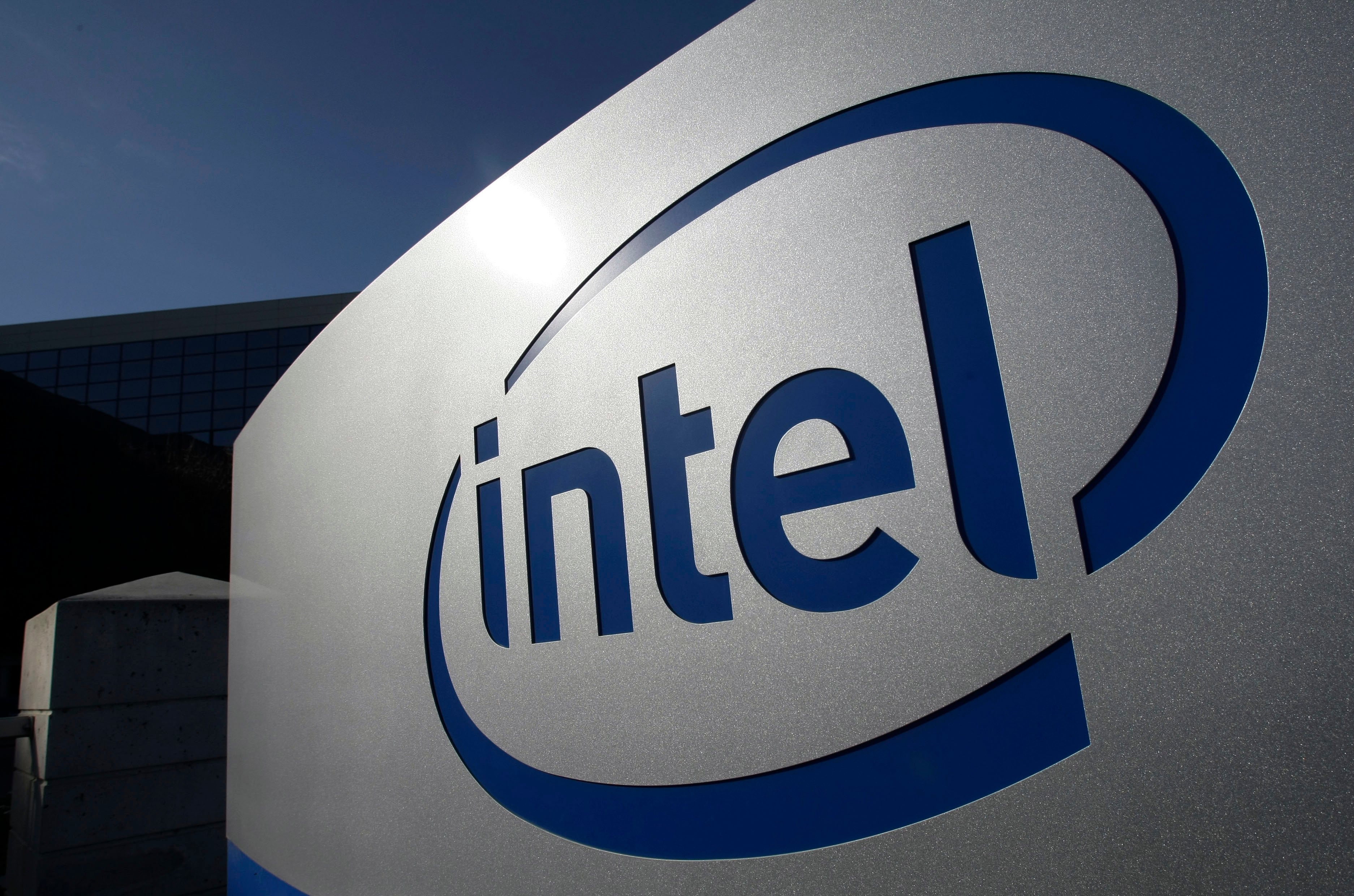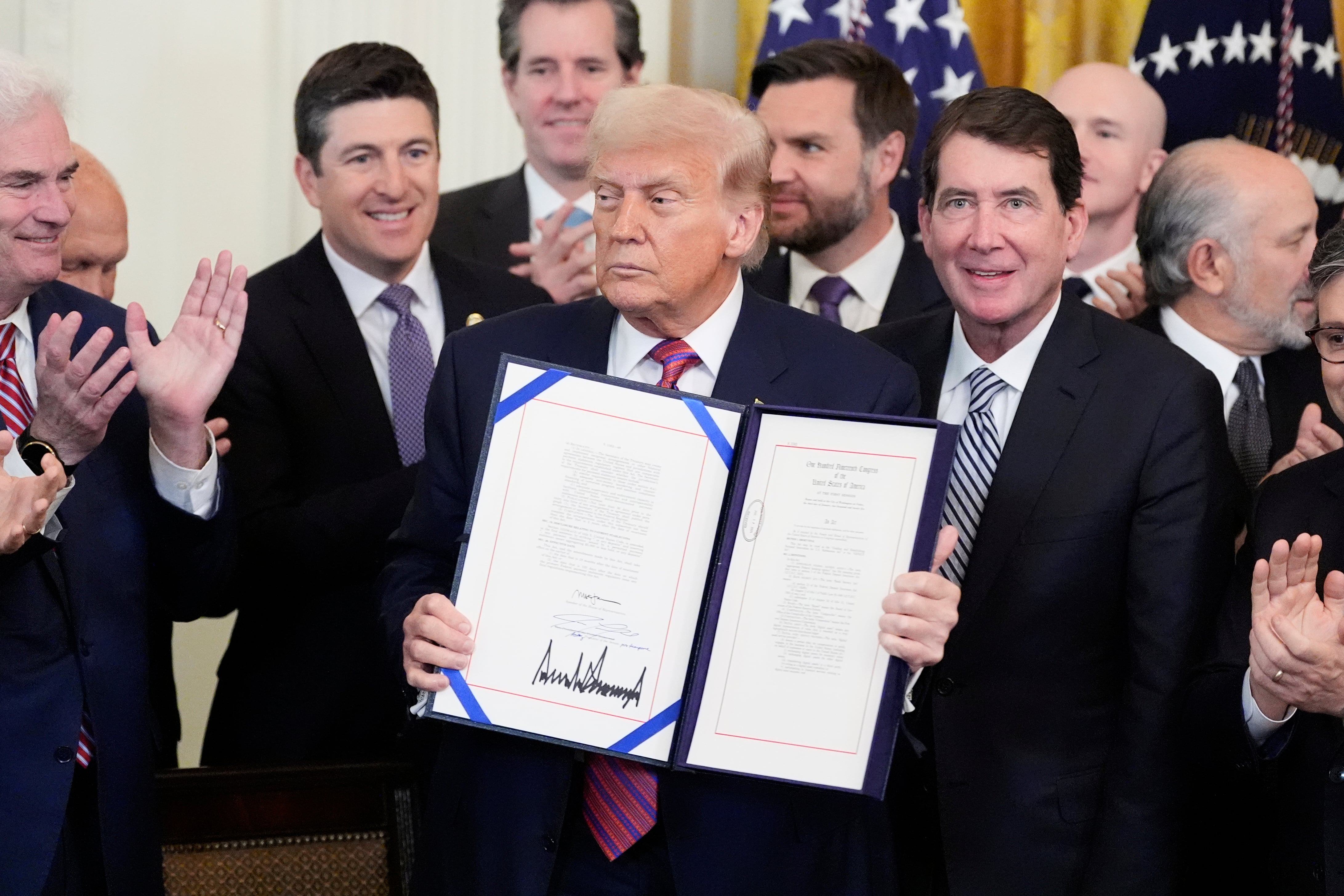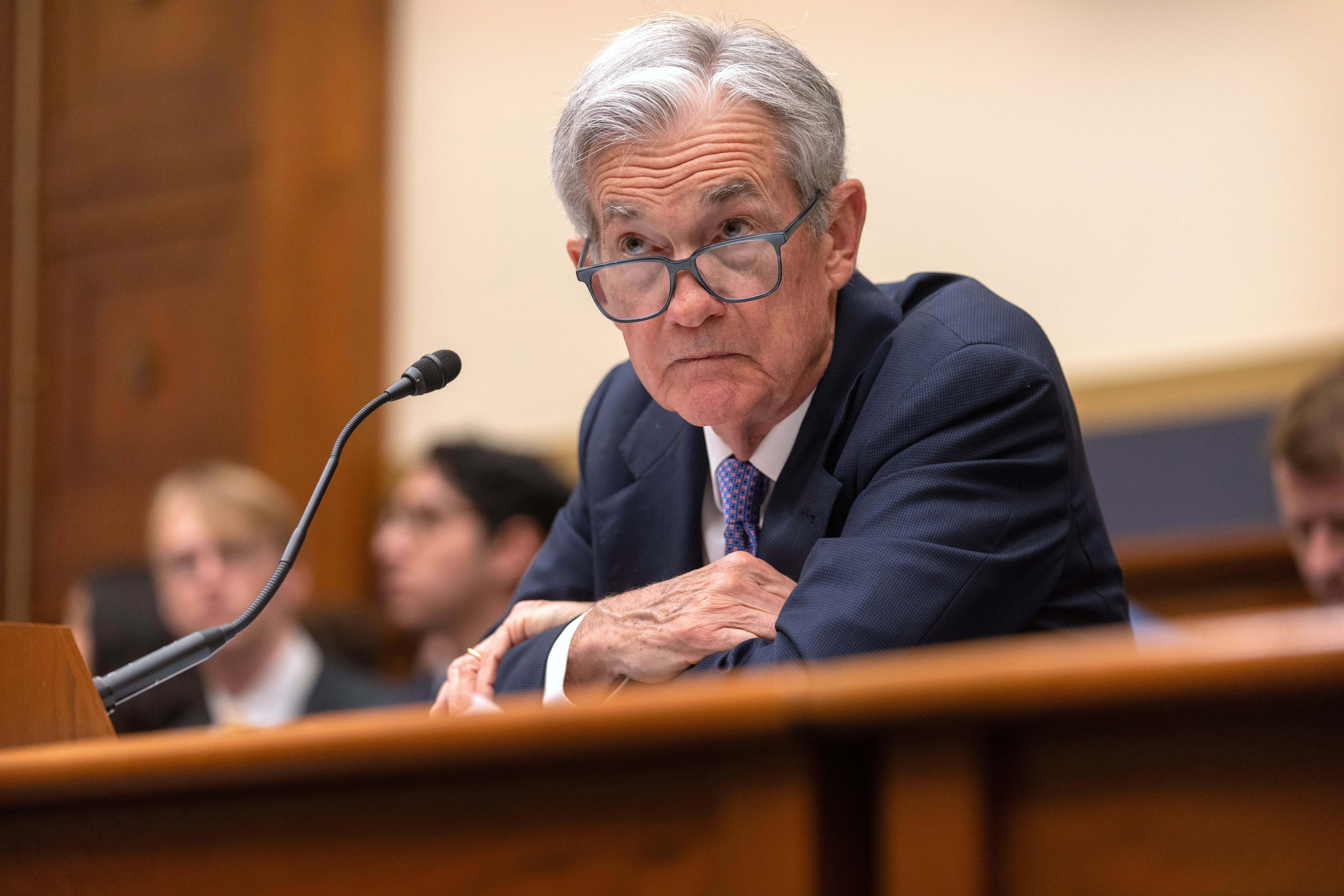WASHINGTON (AP) — Americans’ view of the U.S. economy improved this month, but Americans remain concerned about the impact of tariffs on their economic futures.
The Conference Board said Tuesday that its consumer confidence index rose two points to 97.2 in July, up from 95.2 the previous month.
The increase in confidence was in line with analysts’ forecasts.
In April, American consumers’ confidence in the economy sank to its lowest reading since May 2020, largely due to anxiety over the impact of President Donald Trump’s tariffs.
A measure of Americans’ short-term expectations for their income, business conditions and the job market rose 4.5 points to 74.4, however that’s still well below 80, the marker that can signal a recession ahead.
Consumers’ assessments of their current economic situation inched down by 1.5 points to 131.5.
U.S. stocks are rallying to recover most of their sharp loss from Friday's wipeout.
A new poll finds the vast majority of U.S. adults are feeling some stress about the cost of groceries.
Stocks fell on Wall Street and Treasury yields are falling sharply after the government reported a sharp slowdown in hiring last month.
U.S. stock indexes are drifting after the Federal Reserve decided to keep interest rates where they are. The S&P 500 edged up by 0.2% Wednesday, coming off its first loss after setting all-time highs for six successive days.
U.S. stock indexes are tiptoeing around their record levels as a busy week for Wall Street picks up momentum.
Intel Corp. is shedding thousands of workers and cutting expenses as its new CEO works to revive the struggling chipmaker's fortunes
Stocks climbed to more records on Wall Street.
President Donald Trump has signed the GENIUS Act into law, setting new regulations for stablecoins, a type of cryptocurrency tied to assets like the U.S. dollar.
A top Federal Reserve official said late Thursday that the central bank should cut its key interest rate later this month, carving out a different view than that of Chair Jerome Powell












